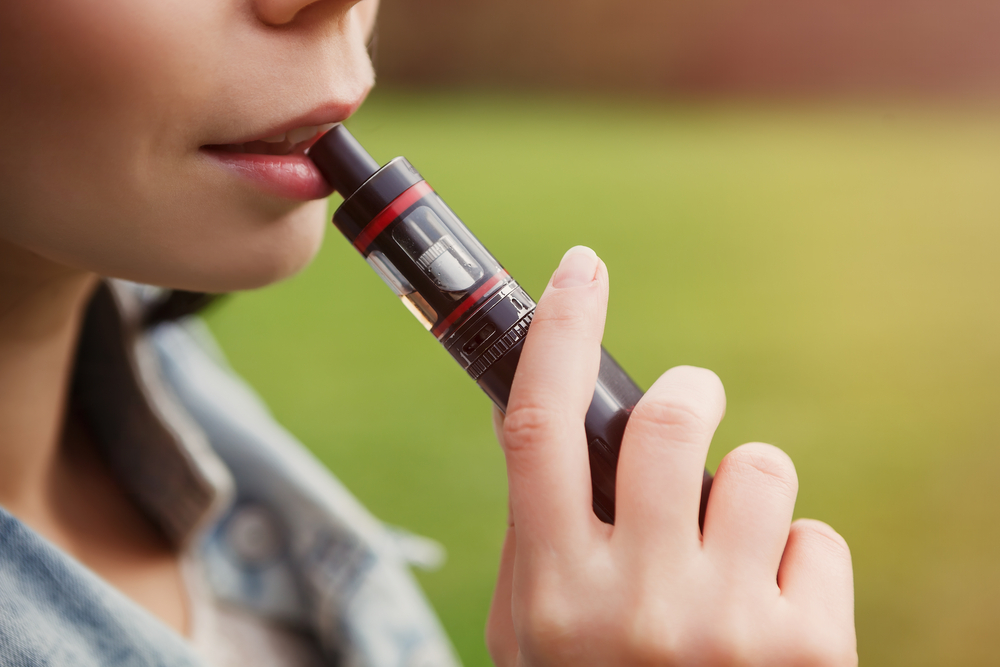Smoking has caused an array of documented oral health problems over the years, from stained teeth to impeding your gums’ ability to heal. As many know, it has also been linked to increased cancer risk. However, in recent years, a new smoking trend has been touted as a healthier alternative — a way to get nicotine without the harmful side effects often associated with smoking. More people have turned to vape pens and e-cigarettes as an alternative to smoking; however, there haven’t been studies about the long term health effects of vaping.
With the rise of medical cases over the past year that appears linked to vaping, it seems to potentially have adverse effects on your overall health and oral health. The hope is that you aren’t seeing effects to the point of needing to fill cavities in our Mercer County, NJ office, but you should still learn more about vaping and its potentially harmful side effects.
What Exactly is Vaping?
E-cigarettes can take many shapes and forms, the most common one being the vape pen. These electronic devices take the liquid that replaces tobacco and heats it until it becomes an inhalable vapor. Flavor additives in the liquid make the taste and smell more appealing to younger customers. While these products do not contain tobacco, they still have nicotine, which is one of the most damaging substances involved in smoking’s impact on your oral health. With that said, vaping can have the same kind of negative impact on your oral health over time.
How Does Nicotine Affect My Oral Health?
Studies have shown that smoking and nicotine have a vastly negative impact on your overall oral health. Since vaping transformed how nicotine enters into our system — now a purely aerosol form — we can reasonably guess how this nicotine exposure affects our mouths.
Receding Gums
Nicotine reduces the overall blood flow throughout your body, especially your mouth and gums. This reduction of blood flow in your veins leads to your gums not getting enough oxygen and essential nutrients to maintain your overall gum health. What this can lead to is the recession of your gums, which in turn can cause increased tooth sensitivity, risks of cavities, and potentially tooth loss.
Bacterial Tooth Decay
Increased levels of nicotine in your system can lead to decreased saliva production. Saliva helps to combat dry mouth, plaque buildup, and bacterial infections. With less saliva to combat these conditions, there are increased chances of debilitating tooth decay that could require extensive surgeries to correct the issues.
A Brush with Bruxism
When nicotine is inhaled during vaping, it acts as a muscle stimulant. A potential side effect of this muscle stimulant can be a case of bruxism. Bruxism is the act of grinding your teeth or continually pushing your jaw forward, which can lead to your teeth breaking, cracking, or suffering some other form of damage or other oral health complications.
While the long-term data-driven studies surrounding the effects of vaping on oral health have yet to be conducted, we still know the effects of nicotine on our long term oral health. To err on the side of caution, it appears the safest course of action is not to begin vaping in the first place.
Do you need the services of one of the top gum disease doctors in Mercer County, NJ? If so, contact Hamilton Dental to schedule an appointment today!







